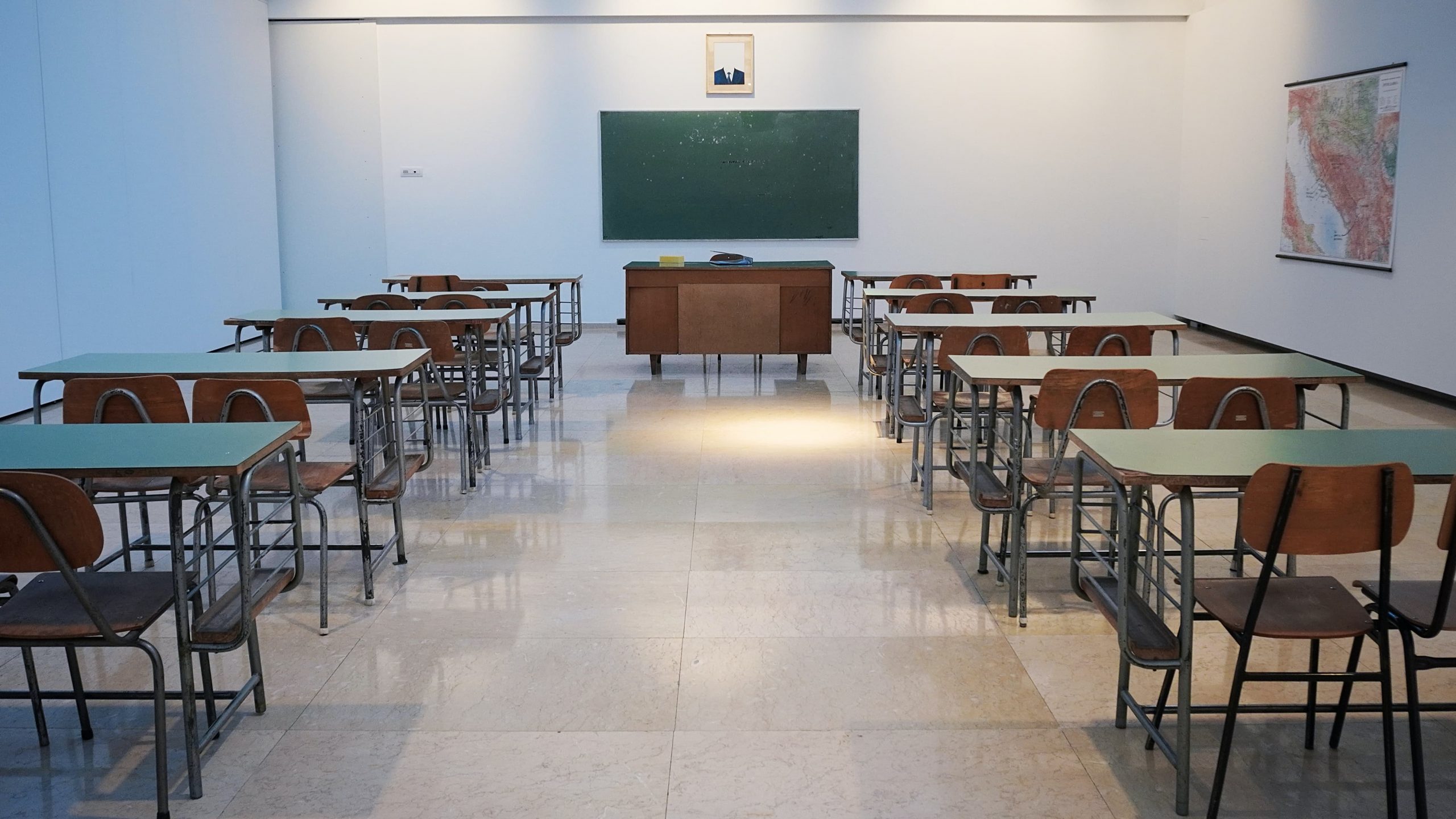Troubled teens need a supportive family structure to heal themselves and turn around their lives.
However, it can be challenging to create and foster that type of support structure without the proper tools. It becomes especially difficult when the troubled teen’s family lacks understanding about their teenager’s issues.
Family therapy is an excellent solution to this problem. As we’ll see in this post, there are numerous benefits to this type of group counseling for both the troubled teen and their relatives.
What is Family Therapy?
This type of group psychotherapy entails family members unpacking their challenges, which could be general or related to a specific topic.
The therapist’s office acts as a level playing field, with each relative explaining their concerns in a safe, nonjudgmental space. The goal is for all parties to gain a deeper understanding of everyone’s challenges to better support and understand one another.
Usually, a need for therapy arises when the family unit undergoes a drastic change, such as the loss of a loved one or moving to a different state. This can cause overwhelm and upset, leading to more friction in the household.
It could also be helpful when one family member needs more support and assistance, such as with a troubled teen.
Family therapy is often offered at therapeutic boarding schools, also known as residential treatment centers, which are dedicated to the holistic healing of your troubled teen.
Different Types of Family Therapy
Depending on the therapist and family, there are many options to choose from when it comes to family counseling. The five techniques listed below are the most commonly used, although there are several other methods that therapists utilize as well.
1) Narrative therapy, where clients are encouraged to treat the problem as separate from themselves instead of basing their identity on whatever crisis they are currently facing.
2) Structural and strategic therapy sees families working on processes enabling and encouraging healing.
3) Role-playing therapy is when group members assume someone else’s position in a bid to learn more about that individual’s unique situation.
4) Cognitive-behavioral therapy explores core beliefs and immediate beliefs that govern the behavior of everyone in the family unit, focusing on addressing dysfunctional belief systems.
5) Solution-focused therapy creates an environment where everyone works together towards a joint resolution instead of fixating on the problems.
What to Expect During a Therapy Session
If you’ve never been to counseling, pouring out your feelings to a stranger can be off-putting. It becomes even more daunting when it’s not only strangers listening but the rest of your family.
However, family therapy can be a significant contributing factor to a troubled teen’s rehabilitation, which is why it is offered at residential treatment centers.
To help you understand more about family therapy, let’s walk you through an average session.
The therapist will first talk to each client, with everyone else present, to understand the pain points in the family relationship.
Once the challenges have been established, the conversation may touch on what everyone hopes to achieve from therapy and how they have been managing the issue/s so far.
In a facilitating role, the therapist ensures that everyone acts respectfully and kindly towards each other.
The ultimate goal is not always to eradicate the issue. Instead, family therapy is designed to give families the coping mechanisms and tools to navigate challenges together.
Benefits of Family Therapy
Now that we know what to expect during counseling let’s take a look at what your troubled teen, you, and your relatives stand to gain from family therapy.
- Improved communication skills. Family therapy provides a neutral space for all parties to discuss their issues openly and honestly.
- A deeper understanding of the challenges facing your troubled teen. At the same time, your teenager can recognize how their actions, in some cases substance abuse and behavior, are affecting other members of the household.
- Increased awareness about mental illnesses. Challenges with psychological well-being are common among troubled teens. By gaining knowledge about your teen’s mental challenges, other relatives can better understand their behavior. Additionally, they can learn more about the teen’s treatment plan and how they can contribute to its success.
- They are unlearning negative thought patterns and enabling behavior. Often, without even realizing it, family members contribute to a toxic family environment for a troubled teen. In therapy, these issues are laid on the table to work out a better way forward.
- Problem-solving skills. Families can learn how to work together in times of crisis through various activities used in talk therapy. This is especially crucial for a teen with behavioral issues, who may feel isolated and alone when they are in an insufficient space. Family support during such a time could make a world of difference.
- Lifelong therapy techniques. As much as the family therapy offered at therapeutic boarding schools is designed to assist the teens in their rehabilitation, it is also beneficial for all parties. A family therapist can teach you tips and tricks you can carry and apply in your own life.
We’re All in This Together
Taking that first step to healing the family is crucial to your troubled teen’s rehabilitation.
Your child won’t feel left alone in their challenges, and the entire family will better understand what is affecting your troubled teen. As well as how to help them during times of need.
Everyone needs to be on the same page to ensure the success of your teen’s rehabilitation process and the healing of the family unit.
If you are considering a boarding school for your troubled teen where you can enjoy the benefits of family therapy, contact Help Your Teen Now.











0 Comments